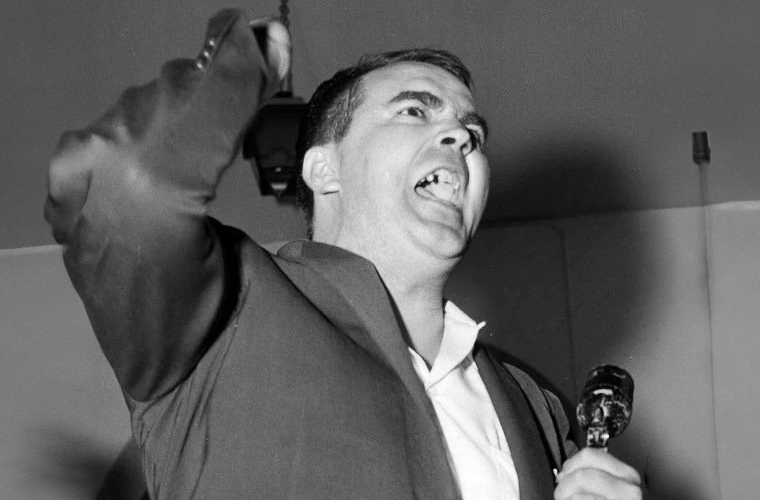Asa E. Carter was a notorious figure in American history, known for his role as an organizer of the Ku Klux Klan. Born in 1925 in Anniston, Alabama, Carter grew up in a family with strong white supremacist beliefs. His father was a member of the Ku Klux Klan, and Carter himself would go on to become a leader in the organization. Carter’s early career was marked by a series of failed ventures. He worked as a door-to-door salesman and a radio announcer but struggled to make a name for himself. In the 1950s, he began writing pulp fiction novels under the pseudonym Forrest Carter. His books were often set in the South and featured white protagonists who were portrayed as heroic defenders of their way of life.
Despite his lack of success as a writer, Carter’s work caught the attention of Klan leaders who were looking for someone to help them reorganize the group. In 1960, he was recruited by Robert Shelton, the Imperial Wizard of the United Klans of America, to serve as the organization’s public relations director. Under Carter’s guidance, the Klan experienced a resurgence in the 1960s. He was known for his fiery speeches and his ability to rally supporters to the cause. He also helped to create a new image for the Klan, one that emphasized its supposed commitment to law and order rather than its history of violence and intimidation.






Carter’s influence within the Klan was not without controversy. He was accused of embezzling funds from the organization and of using his position to promote his own interests. He also faced criticism from other Klan leaders who felt that he was too moderate in his views. Despite these challenges, Carter remained a key figure in the Klan throughout the 1960s. He helped to organize rallies and marches, and he continued to promote the organization’s message of white supremacy and segregation. However, by the end of the decade, his influence had begun to wane.
In 1971, Carter left the Klan and moved to Texas, where he reinvented himself once again. This time, he adopted a new identity as a Cherokee Indian named “Little Tree.” He wrote a memoir called “The Education of Little Tree,” which was marketed as a true story about his experiences growing up as a Native American. The book was a commercial success, but it was later revealed that Carter had fabricated much of the story. He had no Cherokee ancestry, and his claims about his childhood were largely invented. The revelation led to widespread criticism and accusations of fraud.
Carter died in 1985, but his legacy as a Klan organizer and white supremacist continues to be felt today. His role in promoting hate and intolerance serves as a reminder of the dangers of extremism and the importance of standing up against bigotry in all its forms.

